Why has the US quit the UN human rights council?
Ambassador calls body ‘a cesspool of political bias’
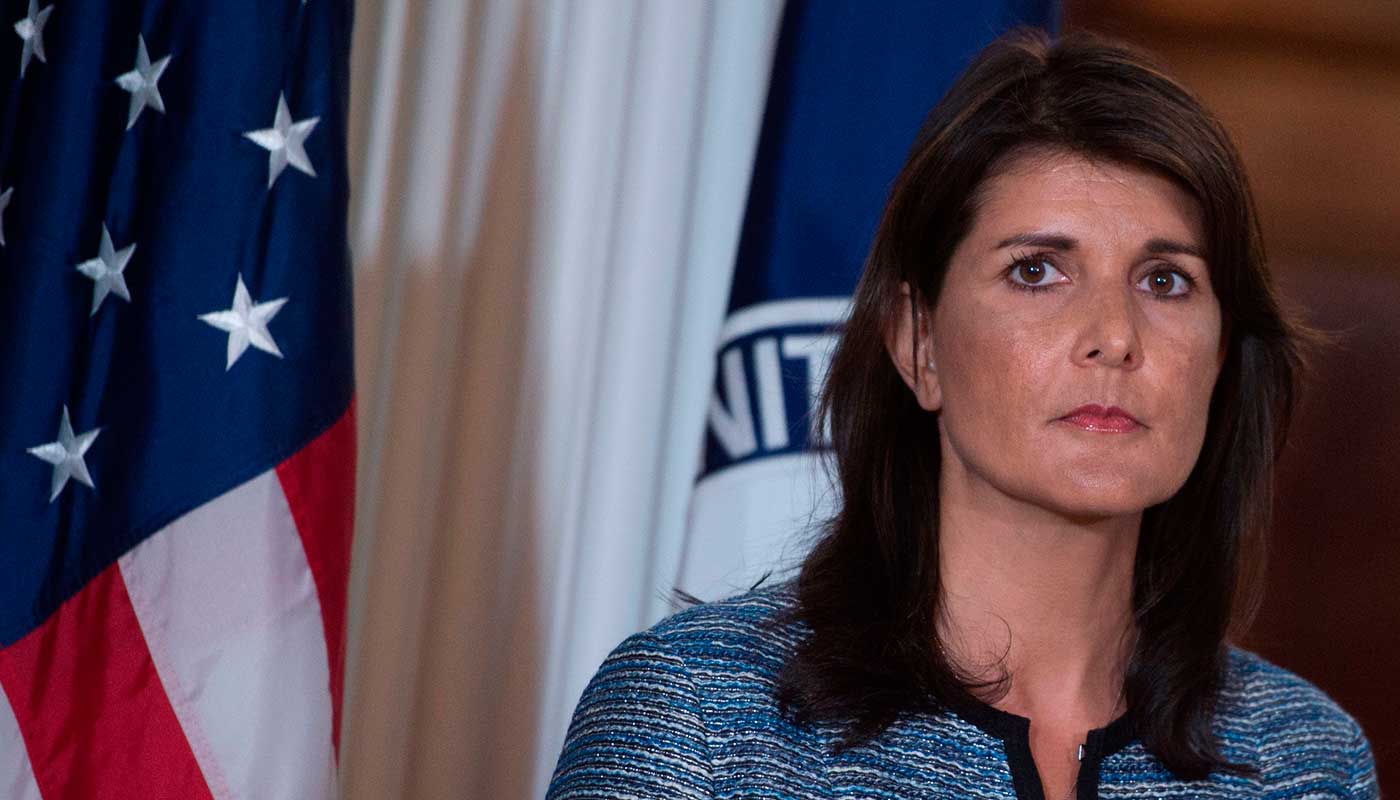
A free daily email with the biggest news stories of the day – and the best features from TheWeek.com
You are now subscribed
Your newsletter sign-up was successful
The United States has withdrawn from the United Nations Human Rights Council, citing ongoing political bias and an unwillingness for reform.
“For too long, the Human Rights Council has been a protector of human rights abusers, and a cesspool of political bias. Regrettably, it is now clear that our call for reform was not heeded,” US envoy to the United Nations, Nikki Haley, said.
Why did the US quit?
The Week
Escape your echo chamber. Get the facts behind the news, plus analysis from multiple perspectives.

Sign up for The Week's Free Newsletters
From our morning news briefing to a weekly Good News Newsletter, get the best of The Week delivered directly to your inbox.
From our morning news briefing to a weekly Good News Newsletter, get the best of The Week delivered directly to your inbox.
Haley cited the granting of membership to the council for the Democratic Republic of Congo in the past year, and a lack of action by the council “massive abuses” in Venezuela and Iran as further reasons the US has left.
The council has been “criticised for allowing countries with questionable human rights records to be members”, the BBC says.
The Guardian says the US is also unhappy about the existence of the permanent “agenda item 7”, which is “exclusively devoted to the discussion of rights violations in the West Bank and Gaza Strip”.
What was the reaction to the move?
A free daily email with the biggest news stories of the day – and the best features from TheWeek.com
UN high commissioner for human rights, Zeid Raad al-Hussein, criticised the Trump administration’s decision on Twitter.
“Given the state of human rights in today’s world, the US should be stepping up, not stepping back,” he wrote.
A number of charities criticised the move, with the American Civil Liberties Union saying the Trump administration was mounting a "concerted, aggressive effort to violate basic human rights".
Boris Johnson has described the move by the US as “regrettable”, and said that while reform for the council is needed, the UK is “committed to working to strengthen the council from within”.
-
 Political cartoons for February 16
Political cartoons for February 16Cartoons Monday’s political cartoons include President's Day, a valentine from the Epstein files, and more
-
 Regent Hong Kong: a tranquil haven with a prime waterfront spot
Regent Hong Kong: a tranquil haven with a prime waterfront spotThe Week Recommends The trendy hotel recently underwent an extensive two-year revamp
-
 The problem with diagnosing profound autism
The problem with diagnosing profound autismThe Explainer Experts are reconsidering the idea of autism as a spectrum, which could impact diagnoses and policy making for the condition
-
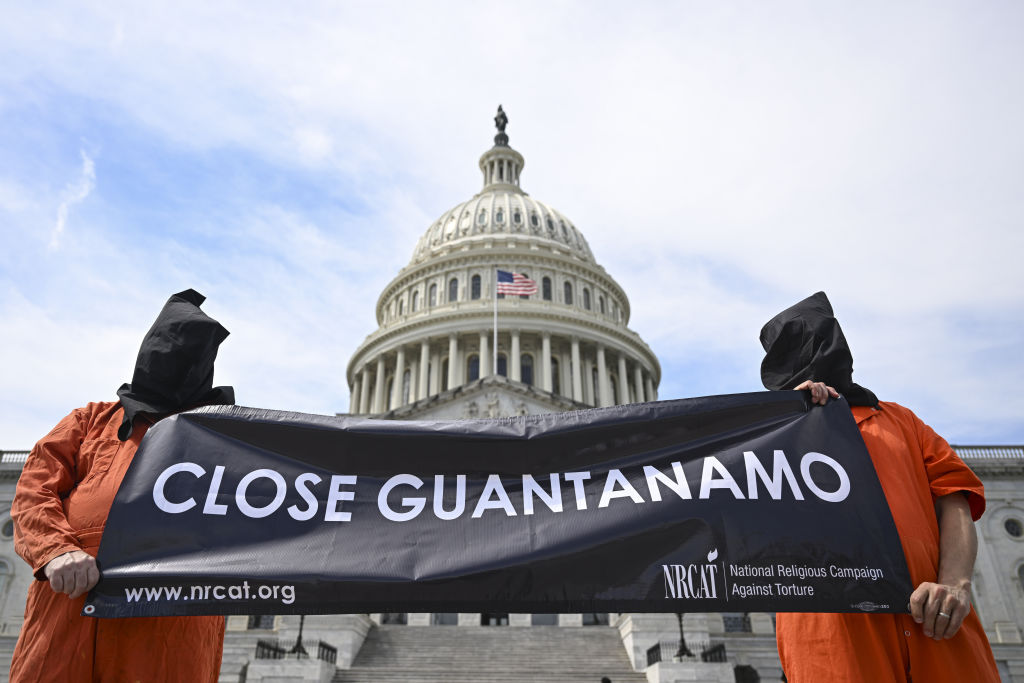 Conditions at Guantanamo Bay inhumane and cruel, UN investigator says
Conditions at Guantanamo Bay inhumane and cruel, UN investigator saysSpeed Read
-
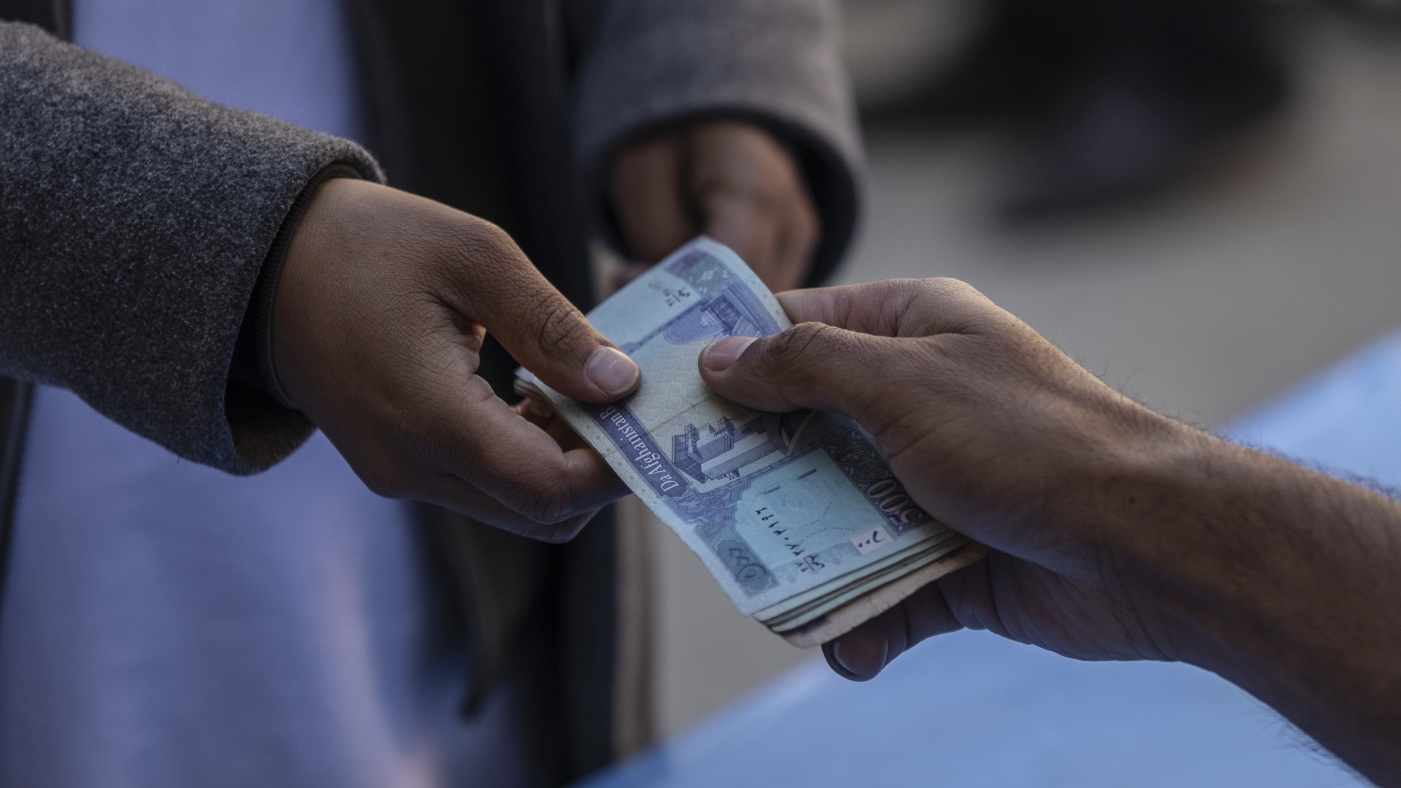 Pros and cons of cash transfers in humanitarian aid
Pros and cons of cash transfers in humanitarian aidPros and Cons The number of people around the world receiving direct monetary aid has risen 240% since 2020
-
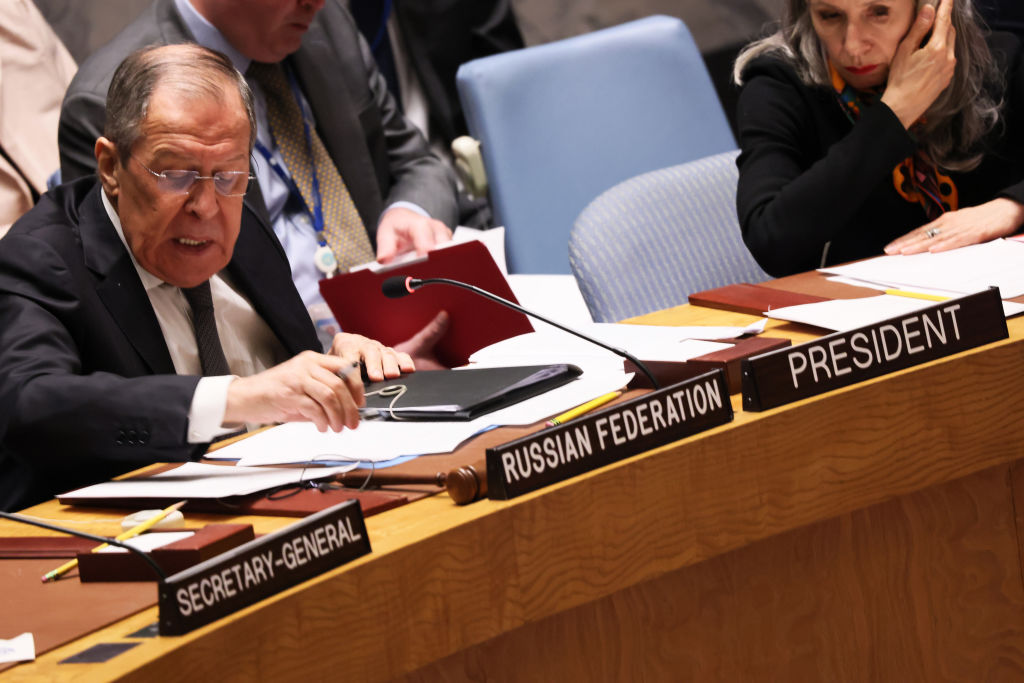 Western diplomats slam Russia's Sergey Lavrov during UN meeting
Western diplomats slam Russia's Sergey Lavrov during UN meetingSpeed Read
-
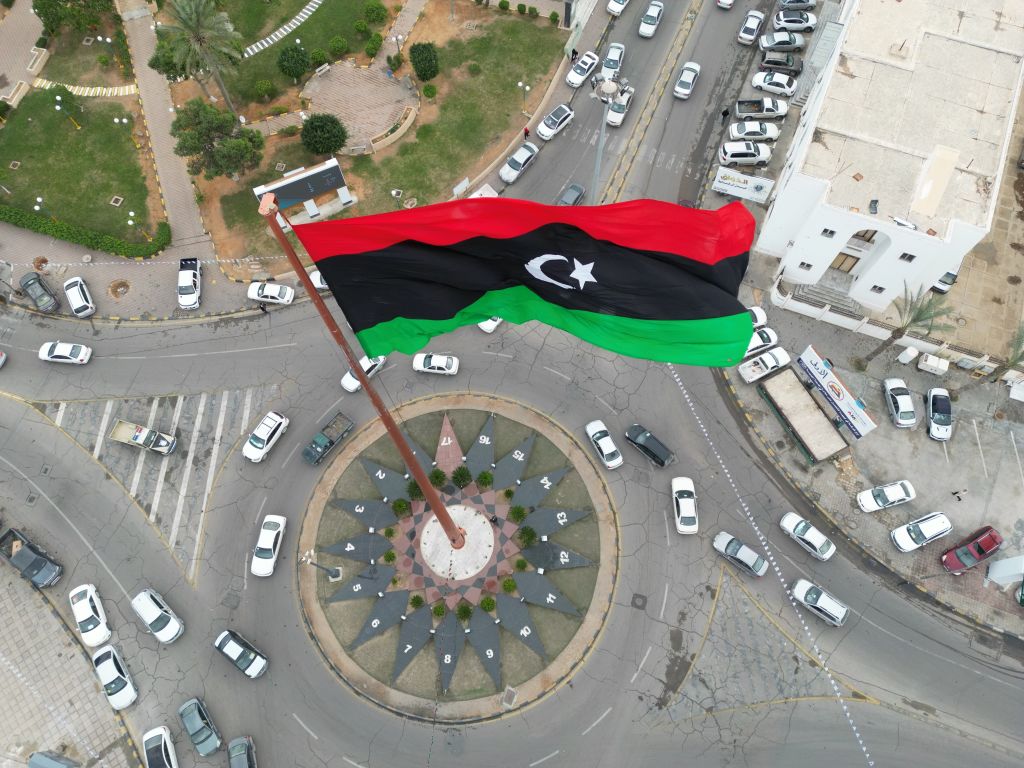 U.N. nuclear watchdog says 2.5 tons of uranium is missing from Libyan site
U.N. nuclear watchdog says 2.5 tons of uranium is missing from Libyan siteSpeed Read
-
 Home Office worker accused of spiking mistress’s drink with abortion drug
Home Office worker accused of spiking mistress’s drink with abortion drugSpeed Read Darren Burke had failed to convince his girlfriend to terminate pregnancy
-
 In hock to Moscow: exploring Germany’s woeful energy policy
In hock to Moscow: exploring Germany’s woeful energy policySpeed Read Don’t expect Berlin to wean itself off Russian gas any time soon
-
 Were Covid restrictions dropped too soon?
Were Covid restrictions dropped too soon?Speed Read ‘Living with Covid’ is already proving problematic – just look at the travel chaos this week
-
 Inclusive Britain: a new strategy for tackling racism in the UK
Inclusive Britain: a new strategy for tackling racism in the UKSpeed Read Government has revealed action plan setting out 74 steps that ministers will take